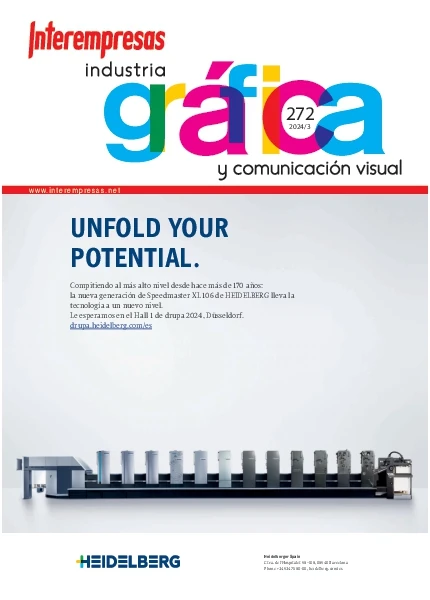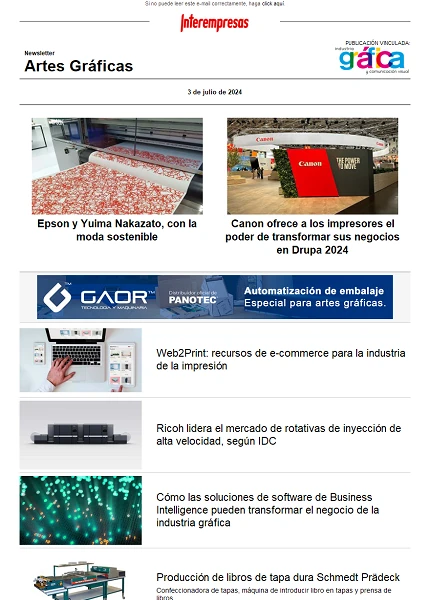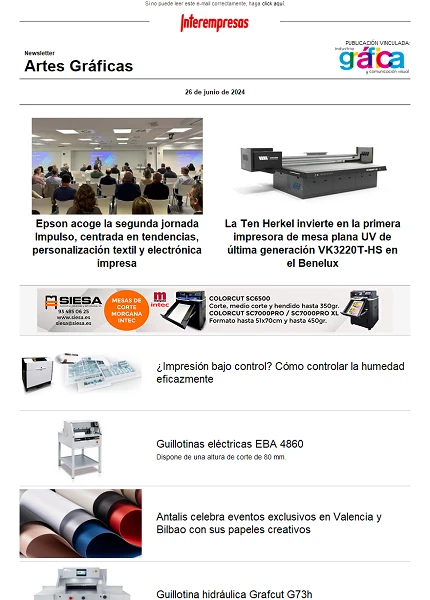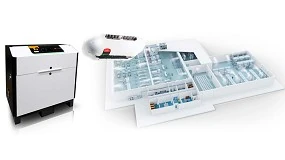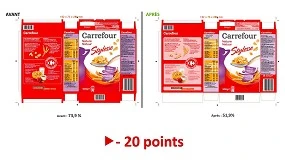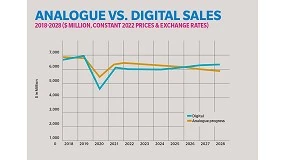Preliminary assessment of the MMA and Aspapel agreement on discharges of paper industry
March 11, 2008
The agreement signed in the framework of the law 16/2002 of prevention and integrated control of pollution, by the Minister of environment, Cristina Narbona, and the President of the Association Spanish of manufacturers of pulp, paper and cardboard (Aspapel)Juan Vila, on November 22, 2005, has monitored the monthly individual data of 87 per cent of the total of the discharge of the sector to the natural environment and covers 100 per cent of the production of pasta and 76 per cent of the production of paper with discharges to inland or maritime waters. It is promoting the improvement of the environmental performance of the Spanish paper industry and is considered by the companies in the sector as a key voluntary agreement in the commitment to sustainability.
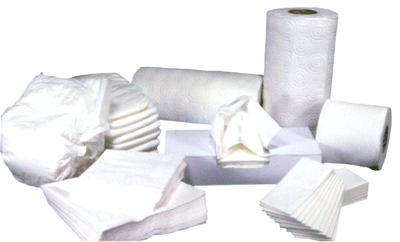
MMA-Aspapel agreement
The agreement aims to establish a reference to the emission limits for inland waters and the sea of discharges with origin in the pulp, paper and cardboard factories and represents an ambitious sectoral plan for waste reduction to achieve a substantial improvement in the quality of discharges of the paper sector as a whole.
For a period of four years (2006-2009), which may be extended subject to the modifications that can agree on, the agreement establishes the Constitution between the parts of a follow-up Commission.
The MMA-Aspapel agreement has become a reference framework for the autonomous communities and basin agencies. The information and cooperation carried out in the framework of the European Union, to have given the Government of Spain through the Ministry of environment the scope and experience of the agreement, as well as different analyses and proposals to the European process of revision of the Bref (technical document on best available techniques) is especially remarkable.
The balance of the agreement was submitted by Alexandra Puig Infante, of the General Sub-Directorate for integrated management of the public domain and Javier Rodríguez, Director of environment of Aspapel (Association Spanish of manufacturers of pulp, paper and cardboard), within the framework of the day ' the control of discharges: a priority ', organised by the Directorate General of the water of the Ministry of environment in the Cultural Center of the box of Castilla La Mancha in Toledo.
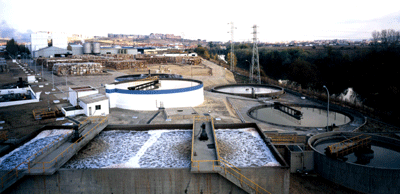
The balance sheet figures
· Monthly individual data of 87 per cent of the total of the discharge of the sector to the natural environment has been monitored and covers 100 per cent of the production of pasta and 76 per cent of the production of paper with discharges to inland or maritime waters
· Since 2000, the sector has increased its production by 30%, reducing the use of water by 16 per cent at the same time.
· Total water usage has been reduced by 40 per cent since 1990: 134 are used in 2006 against the 223 used in 1990, although output has increased by 68 per cent in this period.
· With regard to discharges, has been a significant reduction in its volume (the total pollution load - tons of cod per year - that pours the paper sector in 2006 is 10 per cent lower to which aired in 1990) and its pollutant load per tonne:
- In the period 2000-2006, poured pollutant load (COD) to produce a tonne of paper has been reduced by almost 40 per cent. The poured cod to produce one tonne of pulp has reduced by 70 percent since 1990.
- Since the year 2000, the suspended solids discharges for every ton of paper manufactured have been reduced by 73 percent.
- The dumping of halogenated compounds that occur in the production of bleached pulp has reduced by almost 40 percent since the year 2000.

